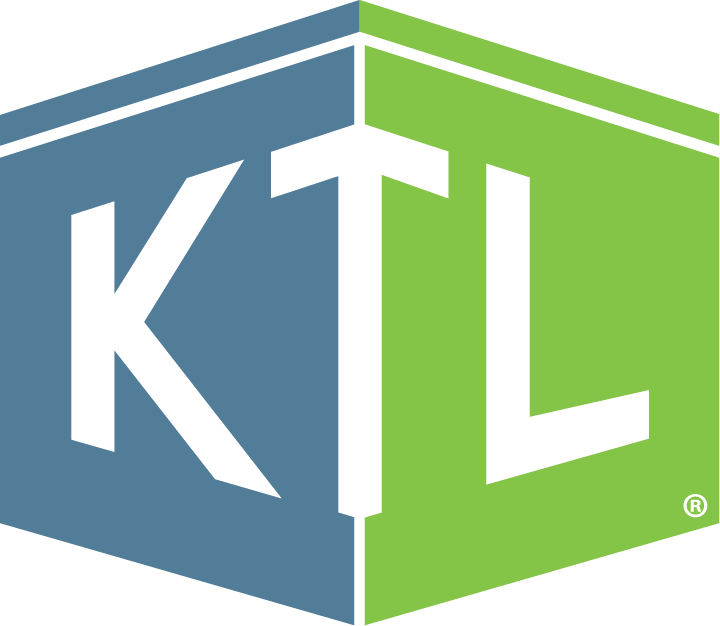Every company has an obligation to its customers to provide safe and quality food. In addition, a growing number of retailers and wholesalers require their producers and suppliers to implement a certification program.
The Global Food Safety Initiative (GFSI) is a business-driven initiative for the continuous improvement of food safety management systems (FSMS) that ensures the delivery of safe food to consumers worldwide. Certification under a GFSI-recognized food safety management program (e.g., SQF, IFS, BRCGS, FSSC 22000) is a growing requirement within key food product supply chains—one that is driven by customer/market demands.
The GFSI system provides a high degree of confidence that FSMS are adequately designed, implemented, and maintained. Certified companies tend to be more efficient and profitable and have more effective shared risk management tools for brand protection. Ultimately, certification results in improved consumer confidence, simpler buying, and safer food throughout the supply chain. In short, GFSI certification demonstrates that a company has a strong food safety culture and is committed to actively managing its food safety risks.
KTL’s Approach to GFSI Certification
Companies have the flexibility to choose which GFSI-recognized scheme they want to adopt and can achieve certification through a successful third-party audit by a recognized certifying body (CB). Under GFSI’s concept of “once certified, accepted everywhere,” certification to any GFSI-recognized scheme is accepted by many international, national, and regional retailers and suppliers.
KTL’s experienced consultants help companies select the food safety standard that best aligns with business objectives and capabilities to ensure that compliance methods are optimized. We then manage the entire compliance and certification readiness process, working directly with employees to mitigate risks, ensure certification, enhance market reputation, and drive business performance.
GFSI Certification Services
KTL is not a CB; rather, our team provides compliance and certification services to support companies as they prepare for GFSI certification:
- Assessing existing food safety management processes, programs, and documents (i.e., policies, plans, certifications, product specifications, standard operating procedures (SOPs), processing rates, inspection records, supplier information, etc.) against FSMS and/or programs against the benchmarked standard’s requirements, as well as applicable FDA regulatory requirements, GMPs, and other food safety compliance regulations to develop recommendations for improvement (gap analysis)
- Conducting an onsite or virtual facility assessment, including:
- Site tour and review of operations
- Observation and evaluation of specific processes and equipment
- Interviews with various operations staff
- Evaluation of current Hazard Analysis and Critical Control Points (HACCP) Plan and FSMS elements
- Performing and documenting a risk assessment of the organization’s key food safety risks using our standard risk rating methodology
- Selecting the certifying body (CB) based on business type, customer base, market strategy, operational processes and systems, regulatory requirements and compliance, technology and infrastructure, supply chain
- Developing organization food safety goals (objectives and targets) and action plans
- Developing a customized FSMS using the GFSI-benchmarked standards as a general framework and integrating our clients’ existing requirements and program information
- Utilizing Microsoft® SharePoint® to build a complete compliance management system, which can be hosted on our clients’ existing computer networks or externally
- Providing cross-functional team development and facilitation
- Providing hands-on training to managers, food safety teams, supervisors, and other key staff in the implementation of the FSMS, food safety programs, and applicable requirements
- Conducting management team reviews and briefings
- Conducting periodic audits to test the management system’s implementation maturity and effectiveness
- Providing onsite support during the certification audit
